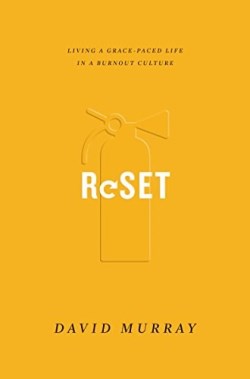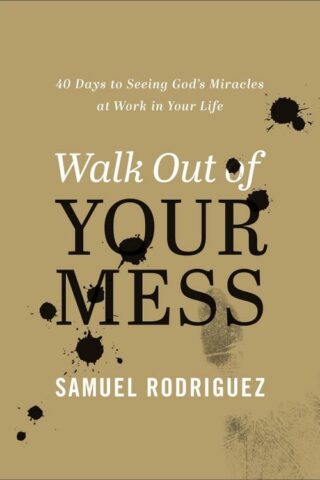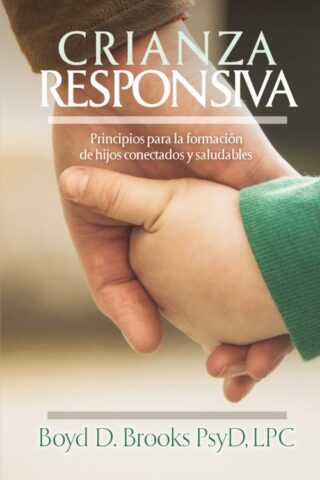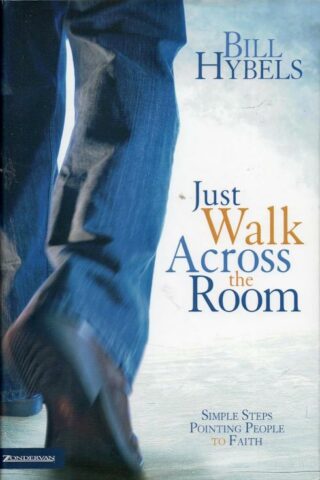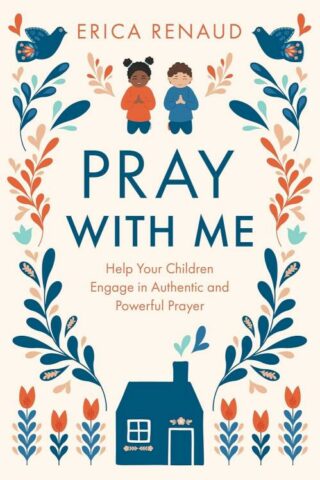Boyd Brooks
Showing the single result
-
Crianza Responsiva – (Spanish)
$15.99This book identifies five problem areas in parenting that, if left unchecked, will produce problems in adolescence. They are:
a) Isolation
b) Unrestrainedness
c) no boundaries
d) poor parental accessibility
e) shameThe antidote for all five are connection, self-control, good boundaries, accessibility to the parents, and the parents’ ability to mitigate shame in their children’s lives.
One of the primary differences between families who enjoy each other and families who do not enjoy each other is the way they approach conflict. Reactive families do not possess the skills to resolve conflict, while responsive families do. All around us are adolescents who are isolated, with little self-control over their emotions. They easily get into trouble because of poor parental boundaries and subsequently experience shame. They do not have accessibility to their parents and do not know how to resolve their conflicts and confusion. Young parents can avoid these deadly pitfalls beginning at the toddler stage by parenting in a responsive way. They will raise children who know how to interact with others, control their emotions, respect and accept good boundaries, enjoy accessibility with their parents, and know how to mitigate shame when it occurs in their lives.
The reactive family is literally going in circles. Their cyclical, reactive patterns include inattentiveness, misunderstanding, put downs, rejection, shame, and isolation. They can be disconnected, angry, and resentful. They are on an emotional merry-go-round and do not know how to get off. On the other hand, the responsive family has learned how to stop the cycle. They have employed listening, understanding, and clarification. When they apologize–it means something. When they forgive, they do not bring it up again. Instead of being rigid, they have learned to be flexible. They are connected and forgiving. As a result, they are emotionally strong and respectful of each other. They enjoy spontaneous moments in a mutually satisfying way.
This book helps the reader identify deadly patterns that are draining the life out of their relationships and presents change as a real possibility. With the use of metaphors and word pictures, the reader can see both kinds of families, but also learn how to introduce change into their family–the kind of change that is not easy but is transformative.
Parenting is a daunting task, especially if you’re young and inexperienced. Today many parents
Add to cartin stock within 3-5 days of online purchase


